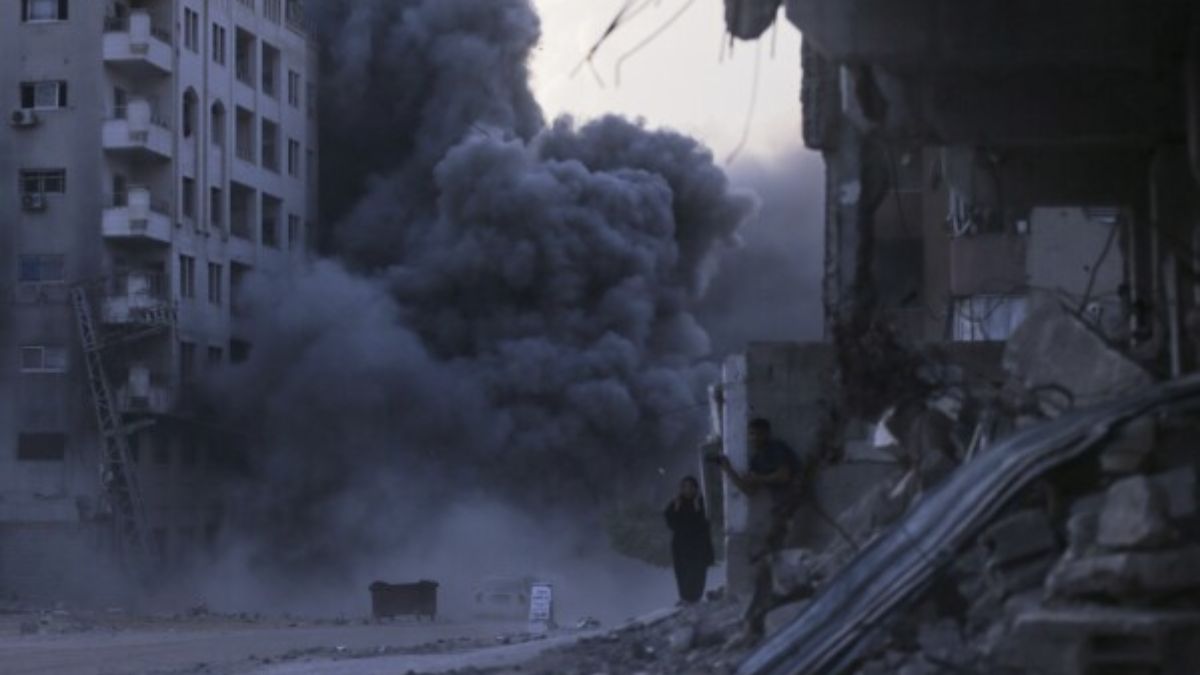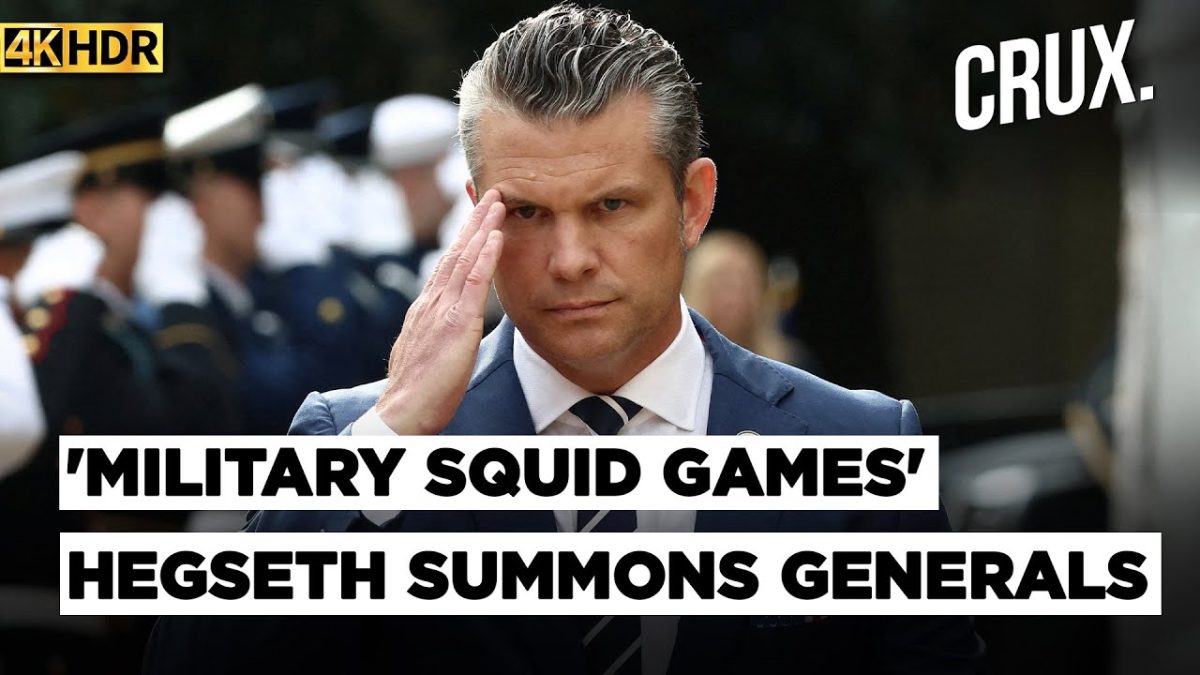Saudi Arabia, Egypt, the United Arab Emirates and Oman all nations in the thick of the unrest that has pervaded the West Asia confronted the crisis in the region at the annual UN gathering of world leaders, with Egypt’s top diplomat warning that the Mideast “is at a point of implosion.”
At the annual United Nations General Assembly, four key West Asian nations namely Saudi Arabia, Egypt, the United Arab Emirates and Oman delivered some of the sharpest rebukes yet of Israel’s Gaza offensive, warning that unchecked violence could push the region to the brink of collapse.
Egyptian Foreign Minister Badr Abdelatty set the tone, declaring the West Asia “at a point of implosion” as he condemned what he called Israel’s “wanton, unjust war waged against defenceless civilians.” Egypt, long a mediator in the Israeli-Palestinian conflict, accused Israel of committing genocide in Gaza and blocking Palestinian aspirations for statehood.
Abdelatty argued that Israel’s security cannot come at the expense of its neighbours, saying, “the region cannot see stability without an independent state of Palestine.” He also highlighted instability in Sudan, Libya, Yemen, Lebanon and Syria as evidence of a wider regional unravelling.
Saudi Arabia’s Foreign Minister Prince Faisal bin Farhan echoed the alarm, stressing that Gaza’s humanitarian catastrophe makes a ceasefire and renewed commitment to a two-state solution imperative. He warned that the international community’s failure to restrain Israel would have “grave consequences” not just for the West Asia but for global security.
Riyadh has sought to play a larger diplomatic role, co-launching a coalition with Norway and the European Union to promote Palestinian statehood. Farhan pointed to a recent high-level meeting, co-sponsored by Saudi Arabia and France, where at least 10 more countries recognised Palestine, raising the tally close to 160. He insisted that recognition was not symbolic but “an important step towards achieving the two-state solution and bolstering the path towards a just and lasting peace.”
From Muscat, Omani Foreign Minister Badr bin Hamad al-Busaidi took the argument further, calling for sanctions on Israel over its repeated violations of international law and its “policies of starvation and blockade” in Gaza. He demanded “effective pressure” from the global community to compel Israel to negotiate and halt its “unlawful encroachment” in the region.
Al-Busaidi also condemned Israeli strikes on Iran, Yemen, Syria and Lebanon, casting them as evidence of destabilising expansionism.
The UAE’s Deputy Foreign Minister Lana Nusseibeh adopted a more measured but equally critical tone. While condemning Hamas for hostage-taking, she said Israel’s indiscriminate attacks on civilians, forced displacement and “expansionist ambitions” in the West Bank were indefensible. She urged all states to recognise Palestine as “an investment in a better future for the region,” positioning the UAE’s diplomacy as one focused on conflict resolution rather than crisis management.
Nusseibeh pointed to her country’s role in brokering prisoner exchanges between Russia and Ukraine, mediating in Armenia-Azerbaijan disputes, and easing tensions in South Asia as examples of what she called “sustainable solutions.” She also underscored that the UAE has become Gaza’s largest aid donor.
Together, the interventions highlighted the depth of regional unease with Israel’s military strategy and underscored a widening sense of frustration with what these states perceive as international paralysis. Their statements came just a day after Israeli Prime Minister Benjamin Netanyahu told the same assembly that Israel “must finish the job” against Hamas, despite mounting protests and growing diplomatic isolation.
For Saudi Arabia, Egypt, the UAE and Oman, the message was unambiguous: continued war in Gaza risks not only devastating Palestinian lives but also dragging the entire West Asia into deeper turmoil.
Their calls for recognition of Palestinian statehood, sanctions against Israel, and stronger international action point to an intensifying regional consensus — that without decisive steps toward peace, West Asia’s crises could converge into what Cairo starkly called an “implosion.”
End of Article

)

